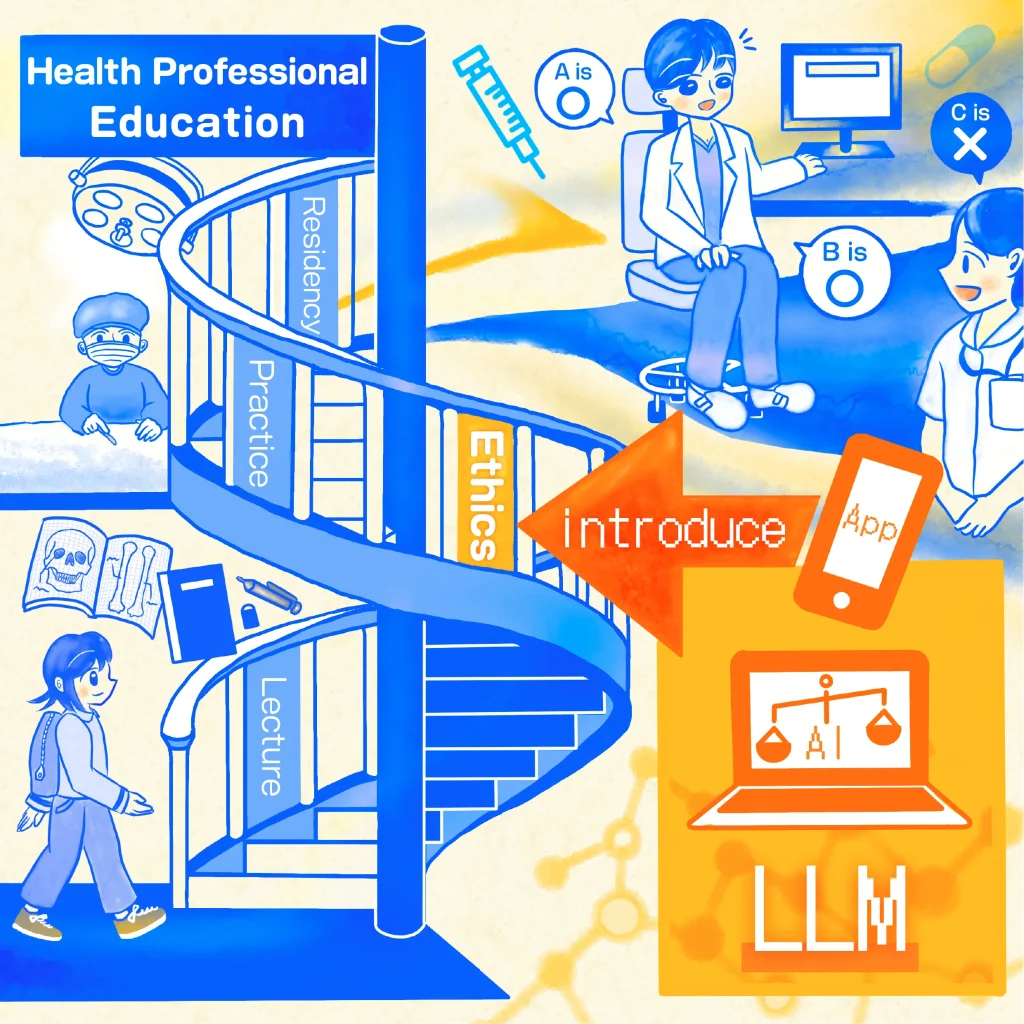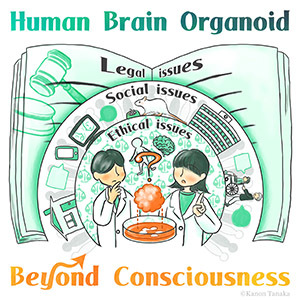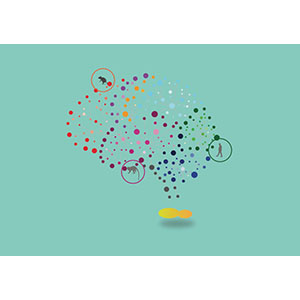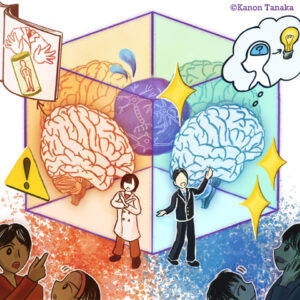Japanese researchers argue ChatGPT is ready to teach medical ethics
Japanese researchers argue ChatGPT is ready to teach medical ethics Perhaps no profession has stricter ethical standards than medicine, and ethics is considered essential in the education of any respected medical school. A new essay by researchers at Hiroshima University (Japan) provides a framework for how Large language models (LLMs) like ChatGPT can be incorporated into ethics education for medical programs. The essay, which can be read in BMC Medical Education, argues that the adoption of LLMs into medical curricula can significantly contribute to the acquisition of moral knowledge and the cultivation of virtue, two main aspects of medical ethics. LLMs have disrupted almost every industry including the medical industry. Every day, professional healthcare workers and even patients are relying on LLM tools to advise on diagnosis and treatment plans. One reason for the quick adoption is that they work, as LLMs are showing remarkable capabilities in diagnosing a medical condition from









